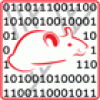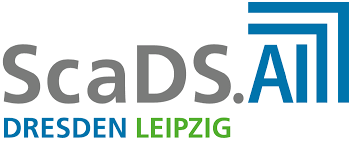Background
Ontologies are increasingly used to structure and semantically describe entities of domains, such as genes and proteins in life sciences. Their increasing size and the high frequency of updates resulting in a large set of ontology versions necessitates efficient management and analysis of this data.
Results
We present GOMMA, a generic infrastructure for managing and analyzing life science ontologies and their evolution. GOMMA utilizes a generic repository to uniformly and efficiently manage ontology versions and different kinds of mappings. Furthermore, it provides components for ontology matching, and determining evolutionary ontology changes. These components are used by analysis tools, such as the Ontology Evolution Explorer (OnEX) and the detection of unstable ontology regions. We introduce the component-based infrastructure and show analysis results for selected components and life science applications. GOMMA is available at <a href="http://dbs.uni-leipzig.de/GOMMA">http://dbs.uni-leipzig.de/GOMMA</a> .
Conclusions
GOMMA provides a comprehensive and scalable infrastructure to manage large life science ontologies and analyze their evolution. Key functions include a generic storage of ontology versions and mappings, support for ontology matching and determining ontology changes. The supported features for analyzing ontology changes are helpful to assess their impact on ontology-dependent applications such as for term enrichment. GOMMA complements OnEX by providing functionalities to manage various versions of mappings between two ontologies and allows combining different match approaches.
<h2 id="bibtex_heading">BibTex</h2>
<pre id="bibtex_listing">
@article{kirsten_jbms2011,
title={GOMMA: a component-based infrastructure for managing and analyzing life science ontologies and their evolution},
author={Kirsten, T. and Gross, A. and Hartung, M. and Rahm, E.},
journal={Journal of Biomedical Semantics},
volume={2},
pages={6},
year={2011}
}
</pre>



